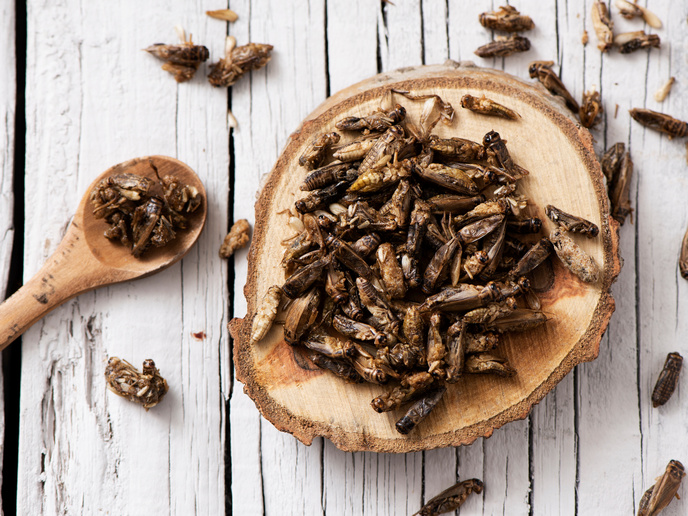Integrated pest management for olive groves
The Mediterranean is well known for its production of olives and olive oil. Unfortunately, olive trees are susceptible to several species of lepidopterous insects. The traditional approach has involved insecticide application to protect the crop. However, these chemicals pollute the environment in general and often also kill off the pest's natural enemies. The TRIPHELIO project, which was sponsored by the INCO 2 Programme, brought together research institutes from all sides of the Mediterranean to seek out new solutions to the lepidopteran threat. Scientists with the Plant Protection Research Institute (PPRI) in Egypt evaluated the impact of common insecticides on the egg parasitoid T. cacoeciae Marchal. Egg parasitoids are an effective method of biological control that target the eggs of the lepidopteran, now playing the role of the host. The guidance of the International Organization for Biological Control (IOBC) was followed during the field tests. The PPRI researchers discovered that deltamethrin was the most toxic insecticide for T. cacoeciae while malathion was at the other end of the spectrum. Mineral oils were also identified as a viable alternative thanks in part to their relatively short lifetime once released to the environment. Further to the experience gained during the project, the team at PPRI can advise the olive industry regarding pesticide application as part of a programme of integrated pest management.







